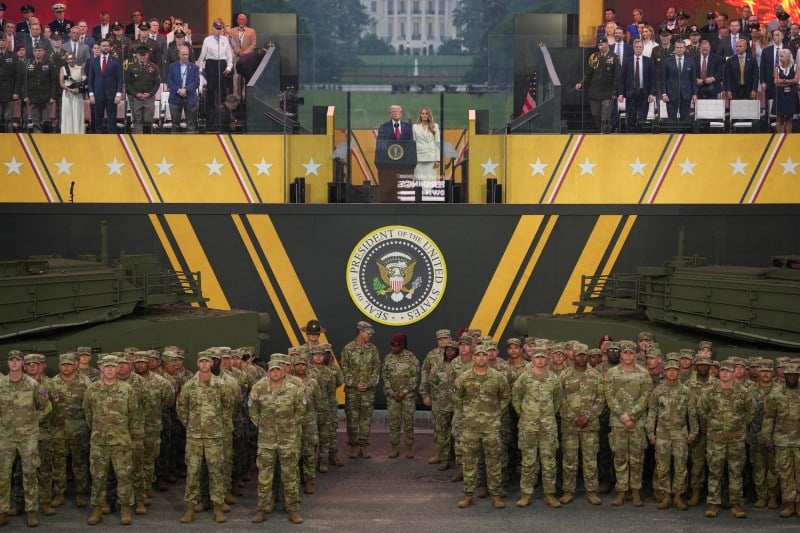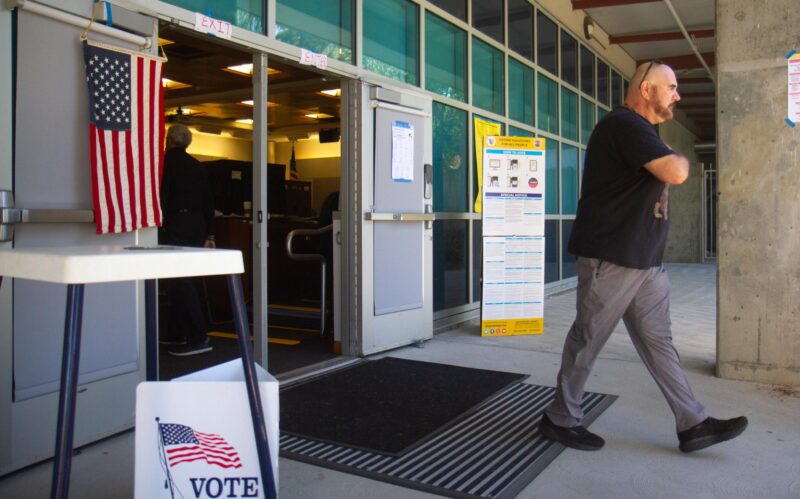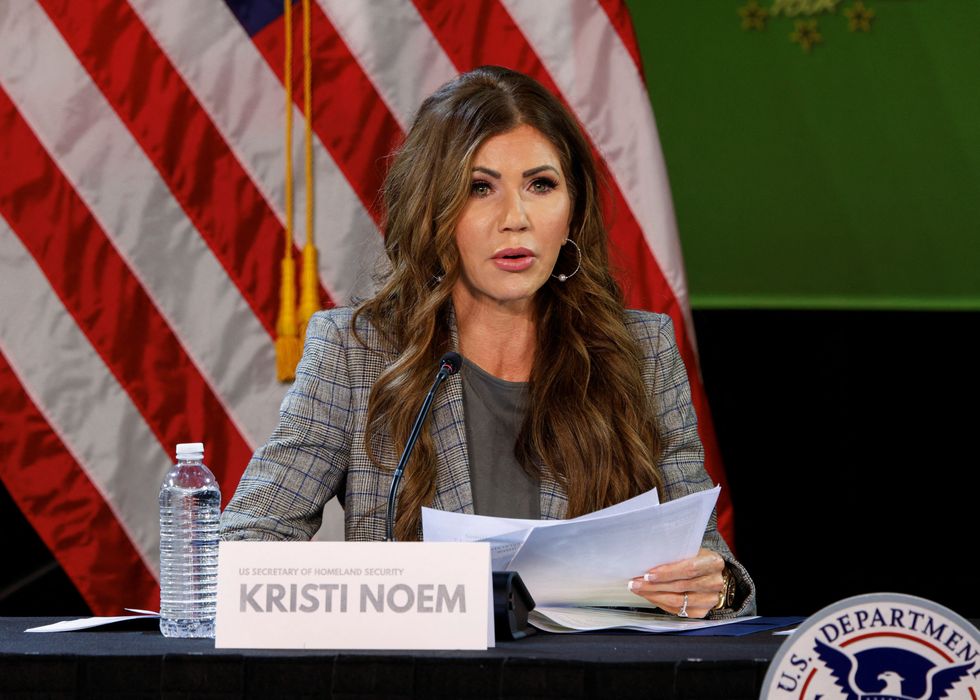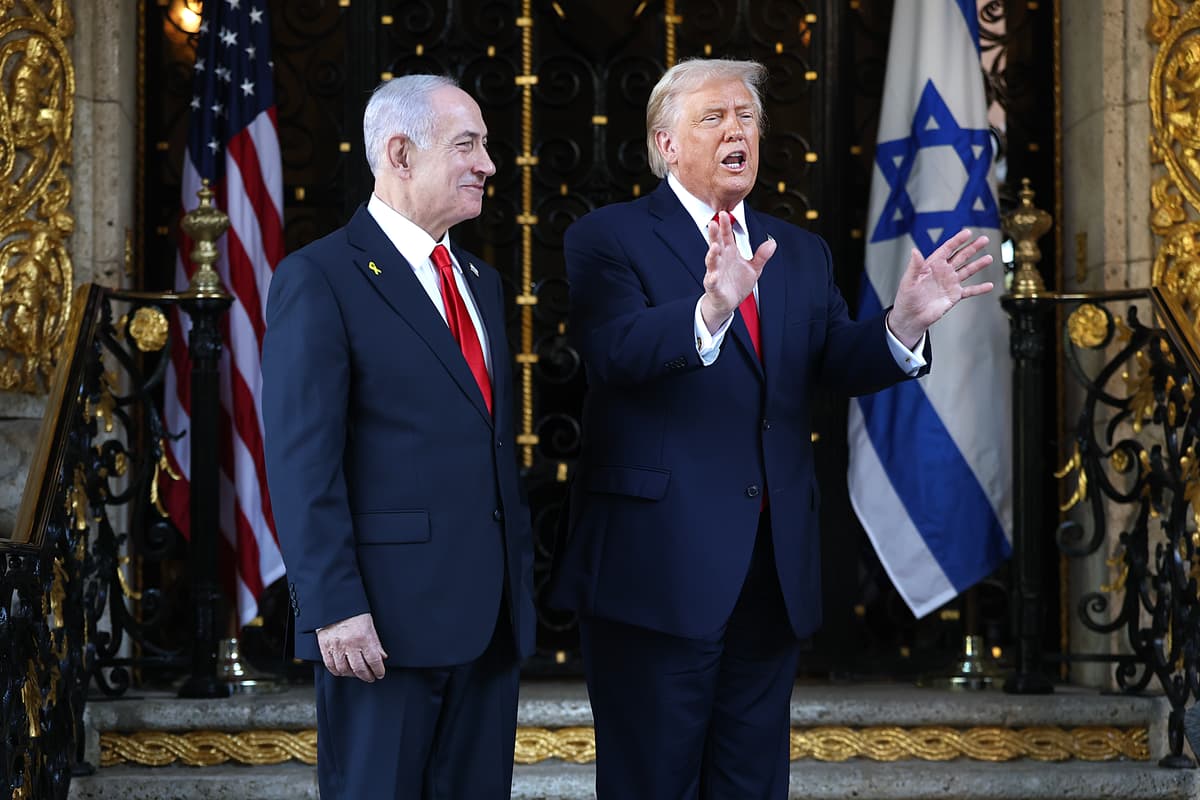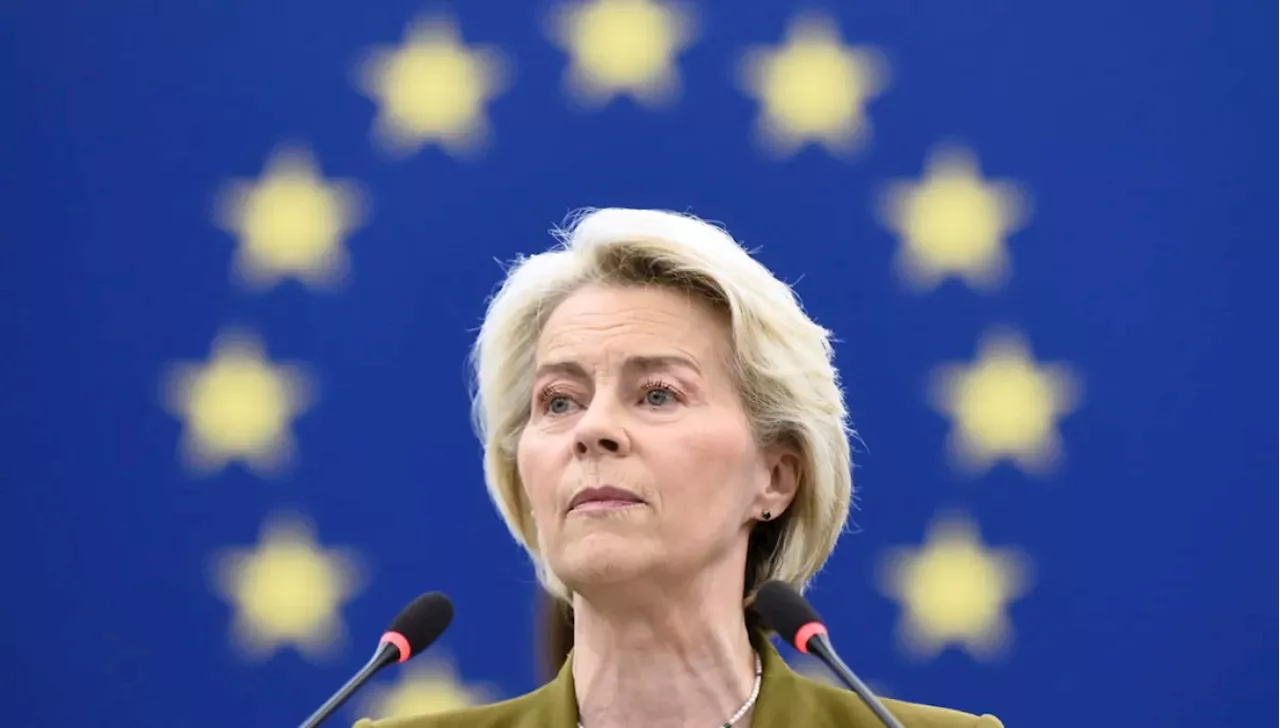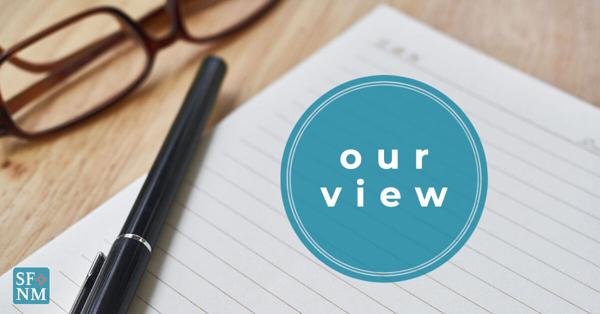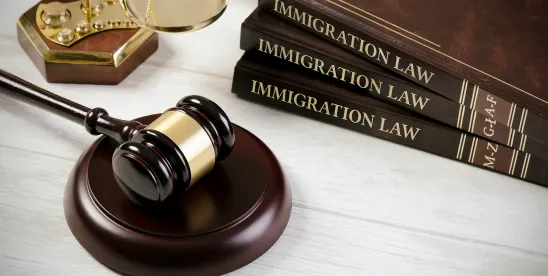On Veterans Day, a significant concern arises regarding the changing role of the military in American society. Recent actions by the administration threaten to undermine the integrity and effectiveness of the armed forces. Reports indicate that Secretary of Defense Pete Hegseth is implementing policies that may compromise military professionalism and political neutrality, pivotal elements in the military’s historical function.
A comprehensive article in the New York Times highlights Hegseth’s ongoing efforts to reshape the upper ranks of the military. This initiative does not seem to focus on retaining competent leaders; rather, it appears aimed at dismissing those who do not align with the administration’s preferences. Officers have reportedly faced removals based on gender, race, or perceived independence. Notably, four senior officers have had their promotions delayed or canceled, seemingly due to their association with retired General Mark Milley, former chair of the Joint Chiefs of Staff, who has been a target of criticism from Donald Trump.
The implications of Hegseth’s actions can be better understood through the lens of two significant works on civil-military relations. The first is Samuel P. Huntington’s influential text, *The Soldier and the State*, which argues that a professional military is essential for democracy. Huntington posits that a well-trained military should focus on its mission and refrain from political interference. His views underscore the importance of an apolitical military, which is key to preventing both military coups and the misuse of armed forces for personal political gain.
The second work worth noting is Caitlin Talmadge’s study, *The Dictator’s Army: Battlefield Effectiveness in Authoritarian Regimes*. Talmadge illustrates how authoritarian governments often prioritize loyalty over competence, leading to ineffective military structures. This phenomenon has historically resulted in poor battlefield performance, particularly when leaders are preoccupied with internal threats rather than external adversaries.
Hegseth’s policies, which seem to have the backing of Trump, raise alarm for their potential to erode the military’s core competencies. While concerns about a military coup may not be at the forefront, the administration’s focus on perceived internal enemies could be detrimental. The directive to shift the military’s focus towards domestic issues, coupled with the ongoing removal of experienced leaders, poses a significant threat to American democracy and military effectiveness.
The trend of prioritizing loyalty may lead to alarming consequences. Officers chosen for their allegiance rather than their skills might result in a military lacking experienced leadership. This shift could deter patriotic individuals from serving, thereby diminishing the quality of the officer corps. The likelihood of talented leaders leaving could further politicize the military environment, undermining its professional standards.
Moreover, with the military increasingly involved in domestic missions—such as patrolling urban areas—its readiness for external threats may diminish. Engaging in unnecessary domestic operations could divert attention and resources away from critical national defense responsibilities.
While there is an ongoing debate about the effectiveness of military leadership following recent conflicts, such as those in Iraq and Afghanistan, the core issue remains that the failures stemmed from unrealistic missions set by civilian leaders. Hegseth’s approach, which appears to prioritize personal loyalty over accountability, does not address the underlying challenges faced by the military.
As Veterans Day serves as a reminder of the sacrifices made by those in uniform, it is essential to reflect on the military’s crucial role in American society. Preserving the professionalism and political neutrality of the armed forces is vital to ensuring they remain a source of national pride and do not become a threat to the freedoms they are meant to protect. If the current trajectory continues, there may come a time when Americans look back on this day as a pivotal moment in the military’s history—one that marks the decline of a once-cherished institution.

